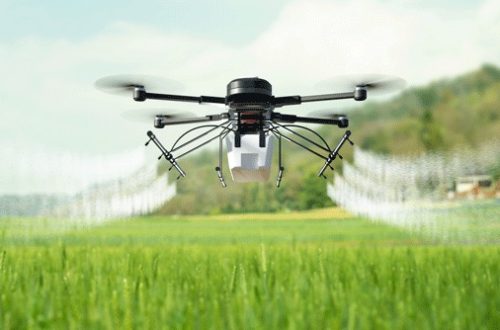In an age of technological marvels, the integration of Artificial intelligence (AI) into our daily lives has been transformative. Among the many remarkable applications of AI, the rise of AI assistants stands out as a significant advancement, revolutionizing the way we work, communicate, and manage our tasks. These AI-powered assistants have become indispensable tools, enhancing productivity across various domains and simplifying complex processes.
The Evolution of AI Assistants
AI assistants have come a long way since their inception. Initially limited to basic tasks like setting reminders or providing weather updates, they have evolved into sophisticated entities capable of understanding natural language, learning from interactions, and adapting to individual preferences.
The fusion of AI with natural language processing (NLP), machine learning, and neural networks has enabled assistants like Siri, Alexa, Google Assistant, and others to comprehend context, anticipate needs, and execute complex commands. From managing calendars, sending emails, providing personalized recommendations, to controlling smart devices, these assistants have diversified their capabilities, catering to a wide array of user requirements.
Transforming Work Efficiency
In professional settings, AI assistants have revolutionized the concept of efficiency. They handle mundane, repetitive tasks, allowing humans to focus on more strategic and creative endeavors. Virtual assistants like Microsoft’s Cortana or IBM’s Watson provide valuable insights, analyze vast amounts of data, and facilitate decision-making processes across industries like finance, healthcare, and customer service.
In collaborative work environments, AI assistants streamline communication by scheduling meetings, transcribing conversations, and organizing data, ensuring seamless collaboration among team members regardless of geographical boundaries.
Personalized Assistance and Empowerment
The beauty of AI assistants lies in their ability to offer personalized experiences. Through continuous learning and data analysis, they adapt to individual preferences, curating content, suggesting tailored solutions, and providing recommendations. From suggesting music playlists to offering personalized fitness routines, these assistants cater to personal needs, making everyday life more convenient and enjoyable.
Moreover, AI assistants have empowered individuals with disabilities by providing accessibility features like voice commands, screen readers, and real-time language translation, fostering inclusivity and equal opportunities.
Challenges and Ethical Considerations
While the proliferation of AI assistants brings numerous benefits, it also raises ethical concerns and challenges. Privacy issues, data security, and the potential for bias in AI algorithms remain significant concerns. The collection and usage of personal data by these assistants raise questions about consent, transparency, and the ethical handling of sensitive information.
Additionally, the dependency on AI assistants raises questions about human interaction, critical thinking, and the potential erosion of certain skill sets. Striking a balance between leveraging AI for productivity and preserving human-centric values becomes imperative.
The Future Landscape
Looking ahead, the trajectory of AI assistants seems promising. Advancements in AI technologies, including natural language understanding, emotional intelligence, and increased personalization, will continue to enhance their capabilities. Integrating AI assistants with augmented reality (AR) and virtual reality (VR) could redefine the way we perceive and interact with these digital entities, creating immersive and engaging experiences.
The collaboration between humans and AI assistants will likely become more symbiotic, with assistants evolving into trusted companions, aiding us in various aspects of our lives, from work to leisure, from health to education.
The rise of AI assistants marks a pivotal moment in the technological landscape, reshaping the way we approach productivity and efficiency. With their ability to automate tasks, provide personalized experiences, and empower individuals, these assistants have become indispensable tools across diverse sectors.
However, as we embrace this AI-powered future, it’s crucial to address ethical concerns, ensure data privacy, and retain the balance between technological advancement and human values. The evolution of AI assistants holds immense potential to enhance productivity while encouraging us to ponder the ethical implications and responsibilities that come with their integration into our daily lives.





